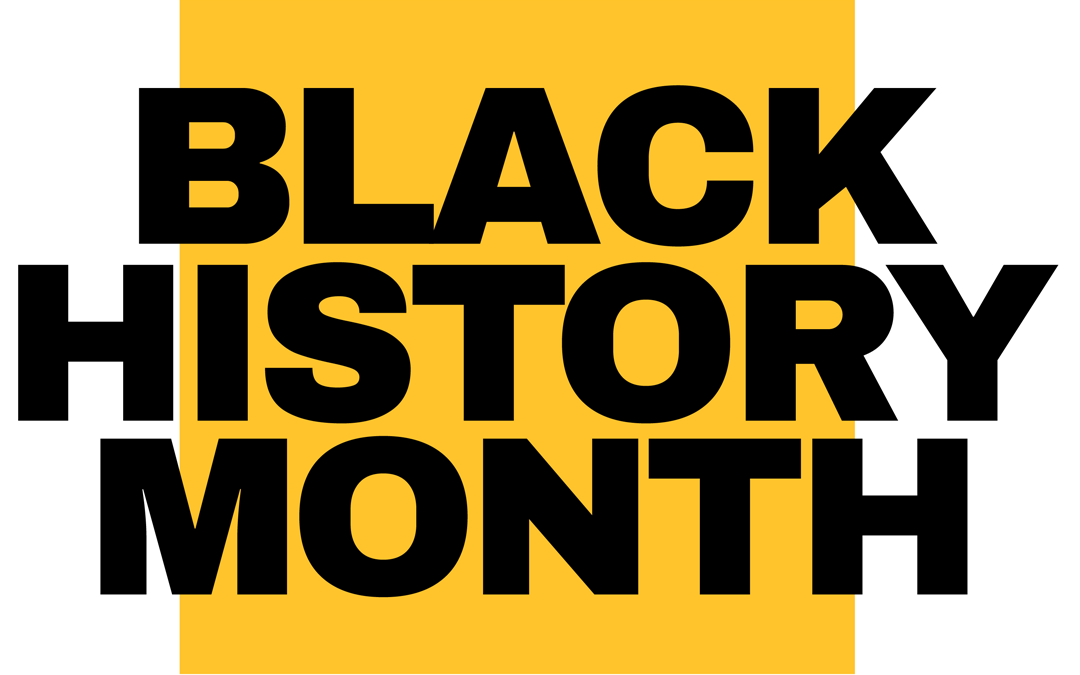Every year, the month of February marks Black History Month. This year marks another celebration of Black History Month within the decade dedicated by the United Nations as the International Decade for People of African Descent (2015–2024).
We give thanks for Black History Month events that honour and celebrate the legacy of Black Canadians and their communities.
We also honour in prayer the United Nations International Decade for People of African Descent (2015–2024).
 The United Nations General Assembly proclaimed 2015–2024 as the International Decade for People of African Descent . The intention is to recognize the many millions of people of African descent whose rights must be protected. Living Faith states that human beings “have been made in the divine image,” affirming the value and dignity of all people (2.2.1). But the horrific treatment of people of African descent by colonial powers throughout history demonstrates a blatant disregard of this basic assertion.
The United Nations General Assembly proclaimed 2015–2024 as the International Decade for People of African Descent . The intention is to recognize the many millions of people of African descent whose rights must be protected. Living Faith states that human beings “have been made in the divine image,” affirming the value and dignity of all people (2.2.1). But the horrific treatment of people of African descent by colonial powers throughout history demonstrates a blatant disregard of this basic assertion.
The Canadian story must recall that slavery existed in Canada from the 16th century until its abolition in 1834, and that African Canadians faced segregation in housing, schooling and employment.
While Canada has taken steps to promote diversity and inclusion, the UN Working Group of Experts on People of African Descent notes that people of African descent living in Canada experience poverty at higher rates than much of the population, have poorer health and lower educational outcomes, and are overrepresented in the criminal justice system.
While the abolition of the slave trade and the civil rights movement were important steps forward for race relations in Canada and the United States, the current landscape of race relations calls us to resist any narrative that diminishes the depth and ongoing harm of systemic racism in our society. Racism diminishes the integrity and well-being of all parts of society.
What can you do?
We can meaningfully participate in the International Decade for People of African Descent by raising awareness and learning about anti-Black racism in our church and communities.
- Visit the Social Action Hub to learn more about the church’s past and present statements and work on anti-racism.
- Find weekly prayers to honour this Black History Month in the January to March issue of the Prayer Partnership.
- Get resources from the Canadian Council of Churches’ Canadian Ecumenical Anti-Racism Network .


